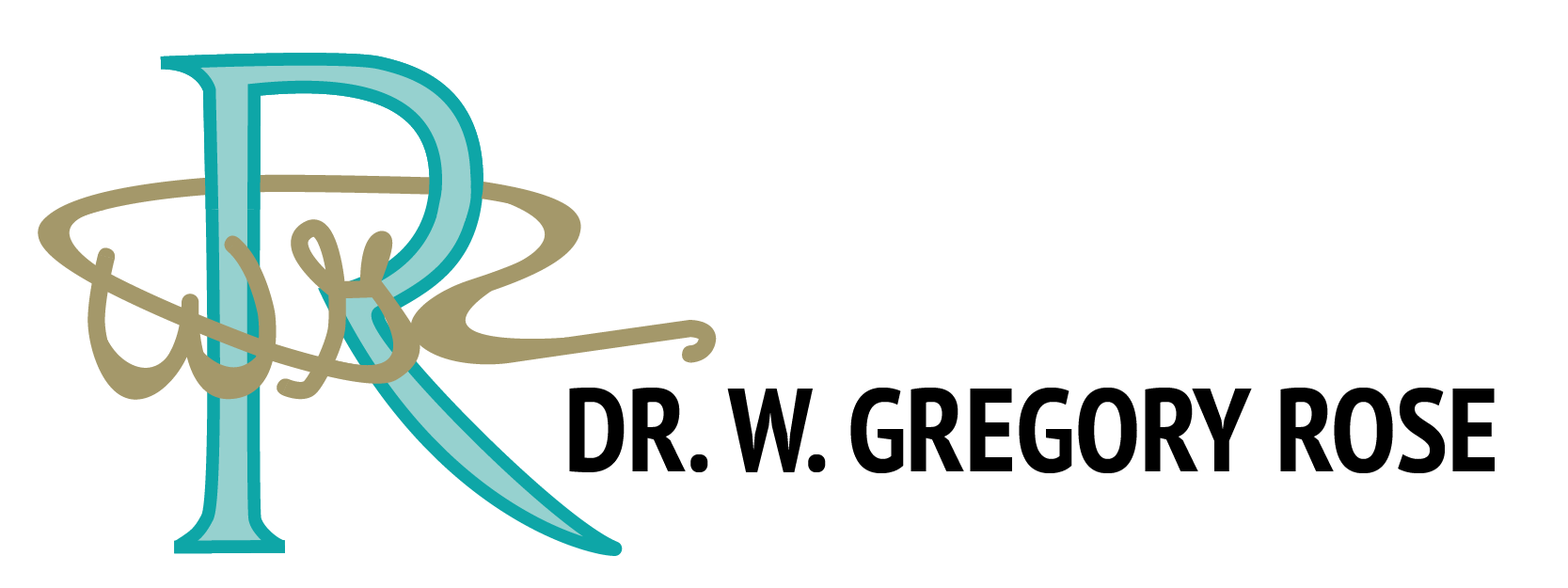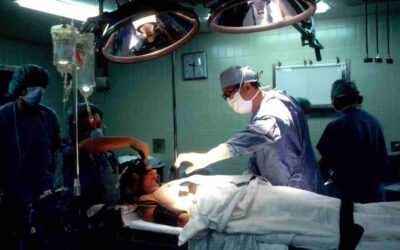Do you suffer from jaw pain and clicking, neck discomfort, or crippling headaches? The small temporomandibular joint (TMJ), which controls mouth opening and closing, could be the source of all your issues. The TMJ is the most commonly utilized and most complicated joint in the body, although it often underappreciated. A healthy TMJ allows us to move our jaws without thinking or pain, but things can go wrong at any time. TMJ symptoms can progress to chronic TMJ diseases if left untreated, although only 25% of people seek TMJ treatment in Albuquerque for their symptoms.
Changing Your Way Of Life
TMJ problems affect 75% of people at some point in their life, and the majority of them go away without therapy. However, there are a variety of at-home TMJ therapies you can attempt to alleviate your symptoms.
- Make use of over-the-counter medications
- Perform jaw exercises (these can be recommended by a TMJ dentist in Albuquerque)
- Reduce stress by practicing mindfulness and relaxation
- Consume a soft-food diet
- Wide yawning should be avoided
- Chewing gum should be avoided
- Make use of heat and ice packs
- Consider giving your jaw muscles a massage
Bite Revision
When home cures fail, TMJ specialist in Albuquerque begins to recommend various TMJ treatment methods. Customized dental splints have been shown to lessen general clenching, avoid tooth grinding, and maintain teeth straight. For moderate TMJ symptoms, bite guards are the most commonly suggested treatment. Splints have been shown in studies to relieve TMJ pain while posing a low risk of long-term negative effects. A TMJ mouth guard and a bruxism (tooth grinding) mouth guard are the two most common types of dental splints.
Injections
Temporary relief from TMJ symptoms might be achieved by injections into the jaw. It is a minimally invasive procedure that takes less than 30 minutes and requires no downtime. Injections of corticosteroids help to relieve inflammation and pain in the TMJ, as well as chronic jaw pain. Botox can potentially be used to alleviate TMJ problems. Botox is a neurotoxin that paralyses the jaw muscles, reducing clenching and relieving discomfort. Botox has few side effects, however it can induce a temporary ‘fixed grin’ due to the toxin’s paralyzing action.
Arthroscopy And Arthrocentesis
Only when the above treatments have failed will more serious TMJ treatment in Albuquerque will be suggested. Although arthroscopy and arthrocentesis are minimally invasive procedures, they still take roughly a week to recuperate from. An orthopedic surgeon performs arthroscopy treatments to aid in the identification of TMJ issues. A small fiber-optic camera is inserted into the joint during the procedure. This allows the surgeon to investigate what is causing the problems in the joint.
Surgery
TMJ surgery is a drastic measure that should only be used as a last option. TMJ parts can be repaired, relocated, and even removed and replaced in some circumstances. Jaw operations are performed under general anesthesia and require more time to recover from. Jaw surgery carries a number of drawbacks, including loss of jaw movement, scarring, and your body rejecting the replacement joints.



